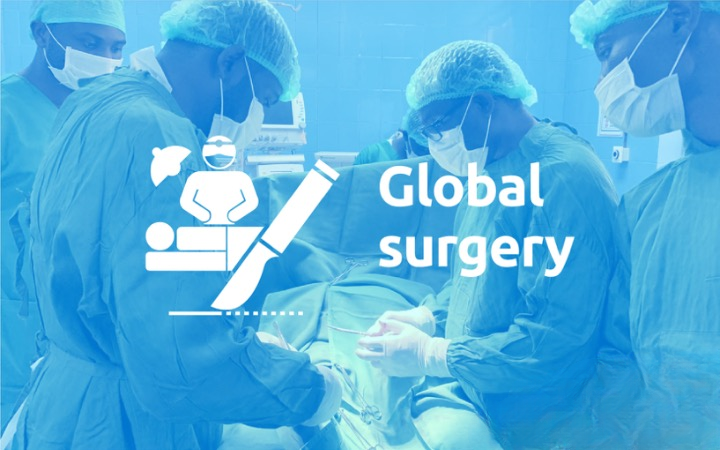Global surgery: why access to essential surgery is important (The Hindu)

- 15 Jan 2024
Why is it in the News?
Global surgery is the neglected stepchild in global health. The neglect is more shocking in South Asia which has the largest population globally lacking access to essential surgery.
What is global surgery?
- Global surgery focuses on equitable access to emergency and essential surgery.
- While it predominantly focuses on low- and middle-income countries (LMICs), it also prioritises access disparities and under-served populations in high-income countries (HICs).
- These “surgeries” include essential and emergency surgeries such as surgery, obstetrics, trauma, and anaesthesia (SOTA).
- Despite small differences, there is largely a consensus across multiple international groups on about thirty or so procedures that fall under the umbrella of emergency and essential surgery.
The Global Scenario:
- As per the Lancet Commission on Global Surgery (LCoGS), more than 70% of the global population, which amounts to five billion individuals, lacks timely access to safe and affordable surgical care.
- Notably, over 1.6 billion of these individuals reside in South Asia. Access gaps are particularly acute, with 99% and 96% of people in low- and lower-middle-income countries (LLMICs), respectively, facing challenges compared to 24% in high-income countries (HICs).
Concerns and Impact:
- In 2010, surgically treatable conditions contributed to around 17 million deaths, surpassing the combined mortality burden of HIV/AIDS, tuberculosis, and malaria.
- The global disease burden also translates into a significant economic impact, with a projected cumulative loss of $20.7 trillion to the GDP across 128 countries by 2030 if the scale-up of surgical care remains inadequate.
Measures implemented for Global Surgery:
- India's Pradhan Mantri Jan Arogya Yojana has played a pivotal role by providing millions of surgeries at either zero or negligible cost, specifically benefiting the bottom 40% of the Indian population.
- In South Asia, Pakistan has developed a National Surgical Care Vision, while Nepal has initiated a comprehensive National Plan Encompassing Surgical, Obstetric, and Anaesthesia Care (NSOAP).
Way Ahead
- Addressing global surgery challenges requires a multi-faceted approach, emphasizing research, innovation, policy focus, and sustained financing.
- Key stakeholders, including organizations like the World Health Organization (WHO) and various non-profit groups, hold significant potential in advancing and supporting global surgery initiatives.
- Collaborative efforts on these fronts are crucial for ensuring equitable and accessible surgical care on a global scale.
